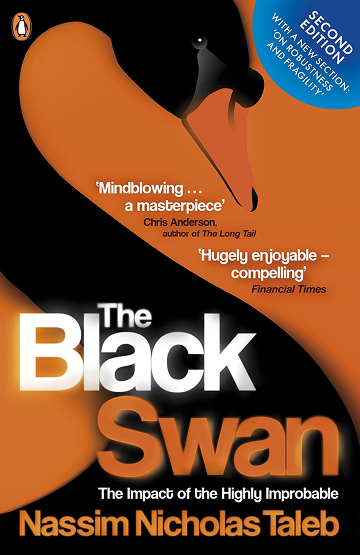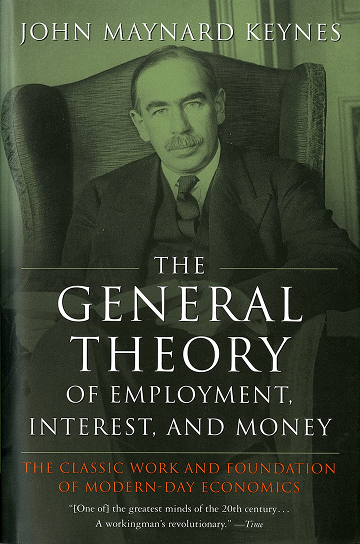
Julian Robertson Biography, Career, Net Worth, and Key Insight



Julian Robertson’s Profile Summary
|
Company
|
Tiger Management |
|---|---|
|
Position
|
Julian Robertson was the founder and CEO of Tiger Management. |
|
Source of wealth
|
Management and performance fees from Tiger Management, investments in hedge funds managed by "Tiger Cubs," personal investment portfolio. |
|
Also known as
|
Philanthropist, mentor to hedge fund managers. |
|
Years of life
|
25.06.1932 - 23.08.2023 |
|
Education
|
University of North Carolina at Chapel Hill – Bachelor of Arts. |
|
Citizenship
|
United States |
|
Residence
|
New York City, USA |
|
Family
|
Julian Robertson’s family includes his wife, Josephine Tucker Robertson, and their three children, Spencer, Alexander, and Julian III. |
|
Website, Social Media
|
https://www.tigerglobal.com/ |
Julian Robertson’s biography
Julian Robertson, born June 25, 1932, in Salisbury, North Carolina, was an influential figure in the financial world, best known as the founder of Tiger Management, one of the most successful hedge funds in the 1980s and 1990s. After earning his degree from the University of North Carolina at Chapel Hill in 1955, Robertson served in the U.S. Navy before beginning his career on Wall Street. In 1980, he founded Tiger Management with just $8 million in capital, growing it into a multibillion-dollar fund by the late 1990s. He is widely regarded as a pioneer of the modern hedge fund industry and a mentor to a generation of successful hedge fund managers known as "Tiger Cubs," many of whom went on to establish their own funds. Though he closed Tiger Management in 2000 due to poor performance, Robertson remained an active investor and philanthropist, contributing significantly to environmental causes and education. He was also involved in global macro trading and stock-picking, with a reputation for sharp insights into market trends.-
How did Julian Robertson make money?
Julian Robertson makes money in the following areas:
Management and performance fees from Tiger Management, investments in hedge funds managed by "Tiger Cubs," personal investment portfolio.
-
What is Julian Robertson net worth?
As of 2025, Julian Robertson’s net worth is estimated to be $4.8B.
What is Julian Robertson also known as?
Julian Robertson is widely recognized not only for his success in the hedge fund industry but also for his extensive philanthropic efforts. He has donated millions of dollars to environmental causes, education, and medical research through his Robertson Foundation. Additionally, Robertson is known as a mentor to many successful hedge fund managers, collectively called "Tiger Cubs," many of whom have launched their own highly successful funds, continuing his legacy of impactful investing.Prominent achievements of Julian Robertson
Julian Robertson grew Tiger Management into one of the largest hedge funds in the world, managing over $22 billion at its peak, he mentored a generation of hedge fund managers known as "Tiger Cubs," he was named one of Time magazine's 100 most influential people, he received several awards for his philanthropic efforts in education and environmental causes, including significant donations through the Robertson Foundation.What are Julian Robertson’s key insights?
Julian Robertson’s business philosophy centered on long-term investing, deep research, and conviction in stock-picking. He emphasized a disciplined approach, valuing fundamentals over trends, and believed in taking concentrated positions in companies with strong growth potential. Mentorship was key to his legacy, as he was committed to training future hedge fund leaders. He also held that integrity and transparency were essential in managing both investments and client relationships.
Julian Robertson’s personal life
Julian Robertson was married to Josephine Tucker Robertson, who passed away in 2010. They had three children: Spencer Robertson, a philanthropist and founder of the PAVE organization; Alexander Robertson, who is involved in hedge fund management; and Julian Robertson III, a filmmaker. The family remains closely connected, with the children following various professional paths, some influenced by their father’s legacy in philanthropy and finance.
Useful insights
Understanding market forces
In my experience, to truly succeed as an investor, it’s essential to understand the driving forces behind market behavior. Market movements aren’t random—they’re influenced by a range of economic theories and dynamics. The following books provide valuable insights into these forces, offering a deeper understanding of how global financial markets operate and what shapes their trends.
-
Nassim Nicholas Taleb – "The Black Swan"

-
Summary:
Taleb explores the concept of rare, unpredictable events—so-called "Black Swans"—that can have massive impacts on markets and society. These events are often overlooked by traditional risk management models, leading to devastating consequences when they occur. Taleb illustrates how these unpredictable shocks shape our world, often more than gradual, expected changes.
-
Why read it:
This book challenges conventional thinking about risk and uncertainty, showing that many major historical and financial events were "Black Swans." It's a vital read for investors who want to build resilience in the face of market volatility.
-
-
John Maynard Keynes – "The General Theory of Employment, Interest, and Money"

-
Summary:
Keynes revolutionized economics by focusing on total demand within an economy and its effect on output and inflation. His theory suggested that government intervention could stabilize economic cycles through fiscal and monetary policy. The book also explains the consequences of under-consumption and the role of interest rates in managing economic stability.
-
Why read it:
For investors interested in macroeconomic trends and policy impacts, Keynes’ work is essential. Understanding the Keynesian framework can help investors predict how government actions might influence market performance.
-
Other profiles in category
Popular Financial Guides
Latest Financial News

South Africa unveils digital visas to attract film and events

South Africa invests R710 million to expand free Internet access































































































































